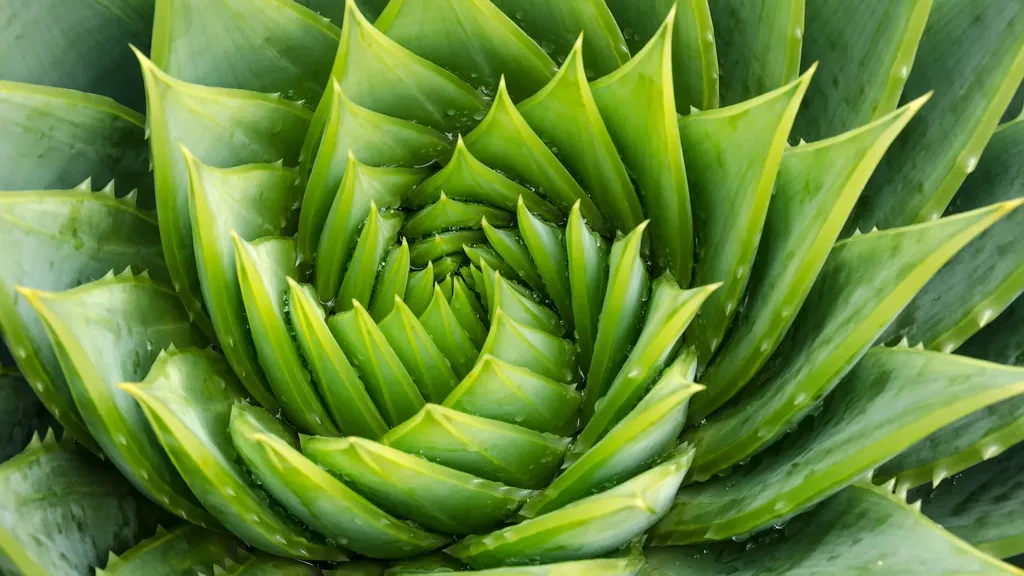In the quest to make saline-alkali soils more productive, researchers have discovered a promising ally: prohexadione-calcium (Pro-Ca). A recent study published in *Frontiers in Plant Science* reveals that this plant growth regulator can significantly enhance mung bean’s resilience to saline-alkali stress, offering a beacon of hope for farmers grappling with these challenging soil conditions.
Saline-alkali soils, characterized by high levels of salt and alkali, pose a substantial challenge to agriculture, limiting crop growth and yield. Mung beans, a valuable legume crop, are particularly sensitive to these conditions. However, the study led by Xilong Liang from the College of Agriculture at Heilongjiang Bayi Agricultural University in China, suggests that Pro-Ca could be a game-changer.
The research team explored the regulatory effects and mechanisms of Pro-Ca on mung bean growth under saline-alkali stress. They found that Pro-Ca treatment led to increased dry matter accumulation, protected the structural integrity of organelles like chloroplasts and mitochondria, enhanced photosynthetic capacity, and boosted antioxidant enzyme activity and osmoregulatory substance content.
“Pro-Ca treatment resulted in a notable improvement in the plant’s physiological responses to saline-alkali stress,” Liang explained. “This suggests that Pro-Ca could be a viable strategy for enhancing crop resilience in saline-alkali soils.”
The study also delved into the molecular mechanisms underlying these improvements. The researchers observed that Pro-Ca enhanced the expression of genes related to calcium signal transmission and the synthesis of nitric oxide (NO), polyamines, and jasmonic acid in the root system. These findings provide a deeper understanding of how Pro-Ca bolsters mung bean’s adaptability to saline-alkali stress.
The commercial implications of this research are substantial. Saline-alkali soils cover vast areas worldwide, and their utilization could significantly expand arable land. By enhancing mung bean’s tolerance to these conditions, Pro-Ca could open up new opportunities for farmers, leading to increased yields and economic benefits.
“This research could pave the way for more effective utilization of saline-alkali soils,” Liang noted. “It offers a promising strategy for improving crop resilience and productivity in challenging environments.”
The study’s findings not only shed light on the physiological and molecular mechanisms by which Pro-Ca enhances mung bean’s tolerance to saline-alkali stress but also provide a foundation for future research. As the agricultural sector continues to grapple with climate change and soil degradation, innovative solutions like Pro-Ca treatment could play a pivotal role in ensuring food security and sustainability.
In the broader context, this research underscores the importance of exploring plant growth regulators and their potential to enhance crop resilience. As we face the challenges of a changing climate and increasing food demand, such innovations could be key to shaping the future of agriculture. The study’s insights could inspire further research into similar compounds and their applications, potentially revolutionizing how we approach crop cultivation in marginal lands.

